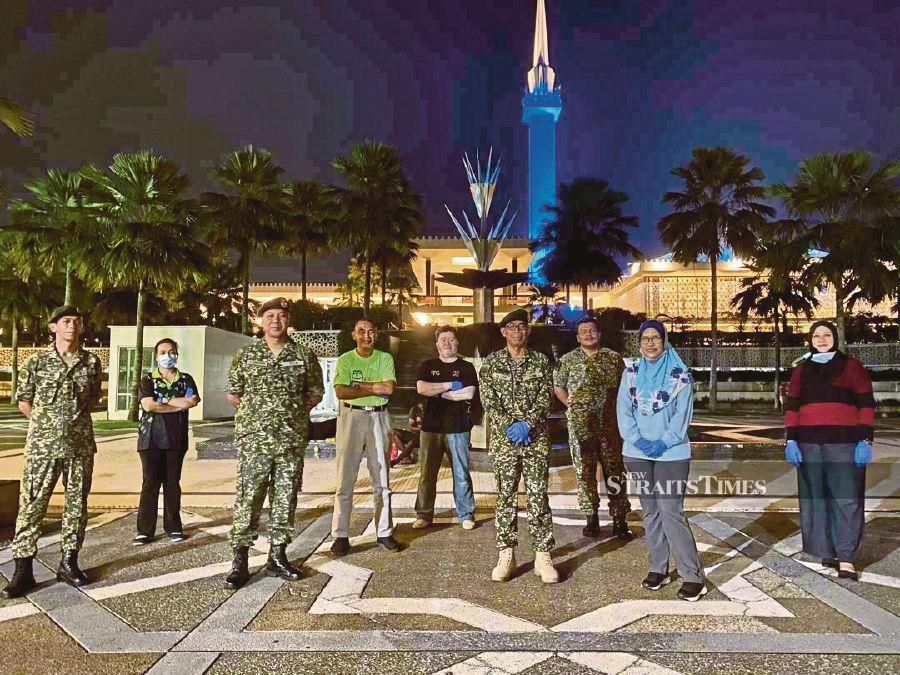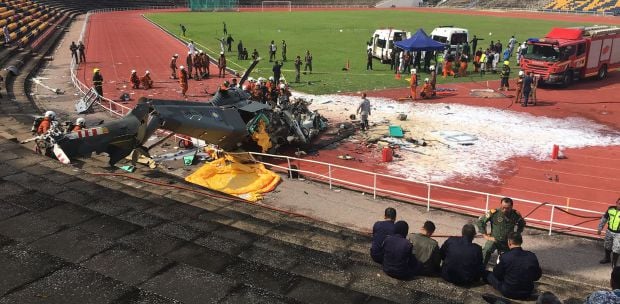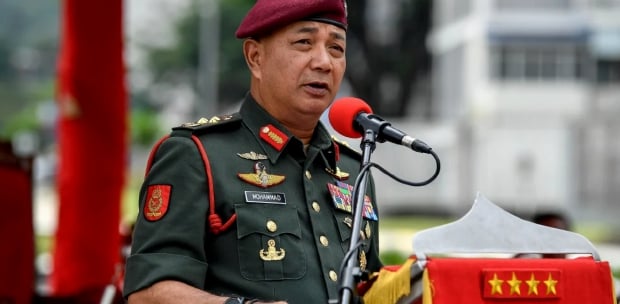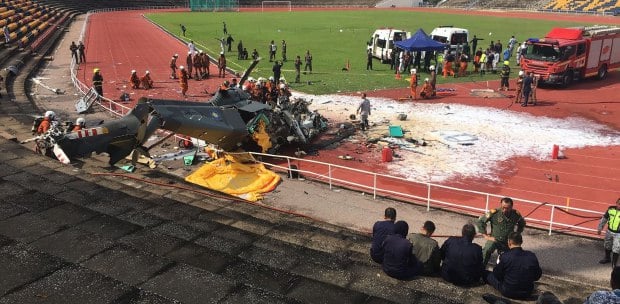I HAVE said it before and I will say it again —the largesse of ordinary Malaysians knows no bounds.
A foreigner may be forgiven for thinking that Malaysians will whine, complain and generally fault everything under the sky for… well… everything.
But go deeper and you will realise that Malaysians are also generous to a fault, contributing funds, time and energy to causes that they are passionate about. When it comes down to it, our hearts are in the right place.
Take Eid, for example, where the new normal includes face-masks, physical distancing and stringent guidelines for economic and social activities.
Even the usual korban activities had to be curtailed for the sake of the public health.
It would be an easy thing, given all fears about the pandemic and the limits imposed, to retreat like a hermit and have nothing to do with everyone and everything.
But pockets of Malaysian society have been busy, helping their fellow man by continuing their charity work despite the challenges faced.
As traffic came to a standstill on highways, and throngs of Malaysians went home to celebrate Eid with their families, Food For Gelandangan (FFG) organised a food distribution to the homeless in Kuala Lumpur.
And so it was that on the night of July 31, a convoy of vehicles descended on Kuala Lumpur to feed the homeless.
They were no ordinary men. These were our military boys, still reeling from 18 weeks of continued operations helping the police and health authorities battle Covid-19.
That night, 220 packets of beef curry dinners were prepared by the 4th Division (Wardieburn), with 50 of it going to Pusat Penjagaan Mahmuddah in Bangi, Selangor.
The beneficiaries, especially those in front of the National Mosque, seemed awed by the presence of the men in their army fatigue, especially when they went around the area with packets of food instead of M16s.
When operations ended close to midnight, you could see the joy and satisfaction on the faces of these men.
The partnership of FFG, initiated by the old boys of the Royal Military College, with the Royal Armed Forces is a classic example of how a large organisation can shoulder social responsibilities.
In this, they are not unique. What made this unique was it was done during Eid when others had made their way home, and with a team that had not rested from battling a pandemic refuses to go away.
Half a world away, another Malaysian alumni, the 1989 batch of Sekolah Seri Puteri, partnered with a local charity to bring Eid cheer to those less fortunate.
Touted as "one sheep for one family" initiative, Senegal-based Djimbel Jaboot helped to buy sheep for distribution to needy families during Eid.
The initiative made it possible to buy nearly 100 sheep from the combined Seri Puteri 1989 alumni, members of the Royal Malaysian Police, participants of Intan's September 2019 Jusa course, and family members of Malaysians in Senegal. All this to ensure that poor families in Senegal would be able to eat meat.
Charity activities do not have to be big to be impactful.
Just last Sunday, Malaysian Outreach Volunteer Experience marshalled four of its members to help a family in Gombak that had secured housing after years of being practically homeless.
Their contribution was in their time and effort of assembling furniture, cooking and then leading prayers for the safety and security of the urban poor.
I came home to find a changed world. But what has not changed is the big-heartedness of Malaysians.
Those involved in last weekend's charity events were only the tip of the iceberg.
I am sure there are many more unsung heroes out there, people who have come forward during this time of calamity to reach out to others, and make a difference.
It does this Malaysian proud to know that when push comes to shove, "kita jaga kita" is more than a Health Ministry buzzword.
It is a way of life for many silent Malaysians.
The writer is a foreign service officer, who writes on international affairs with particular emphasis on Africa
The views expressed in this article are the author's own and do not necessarily reflect those of the New Straits Times






